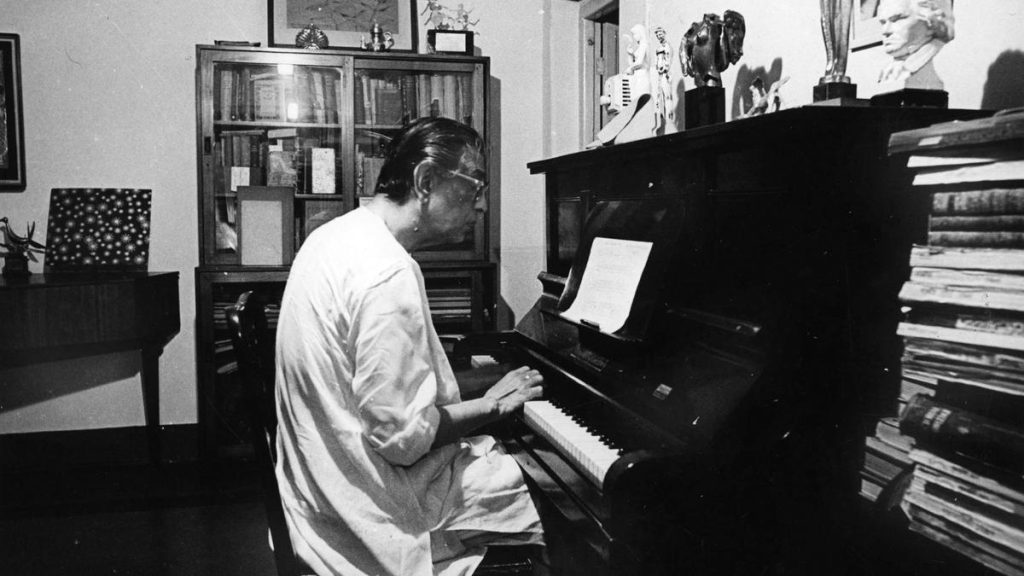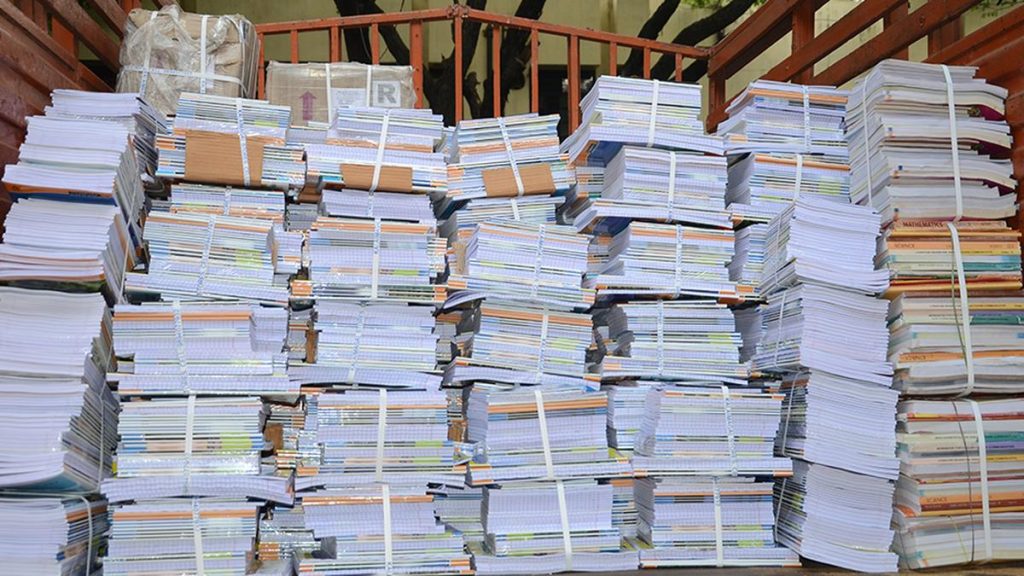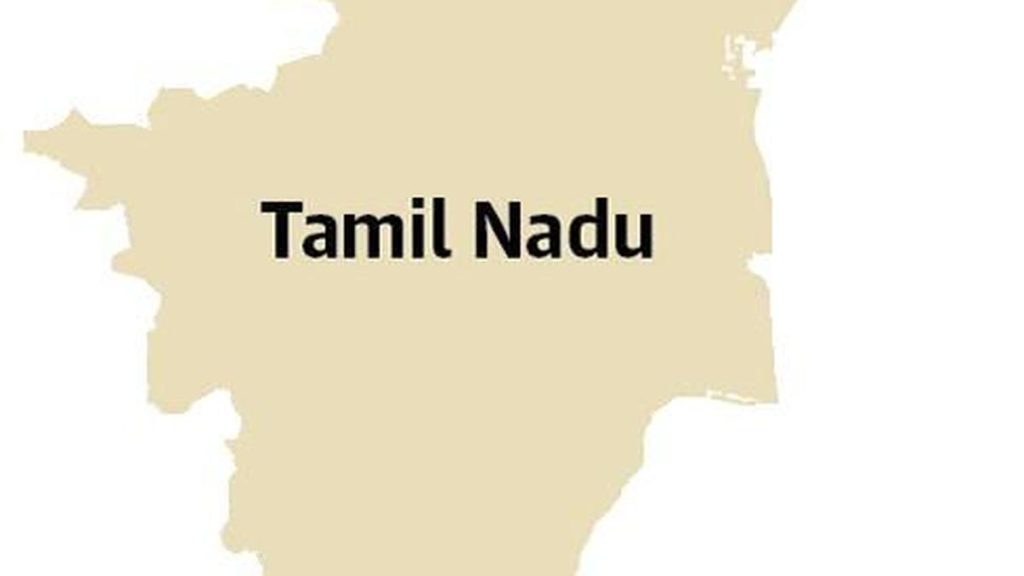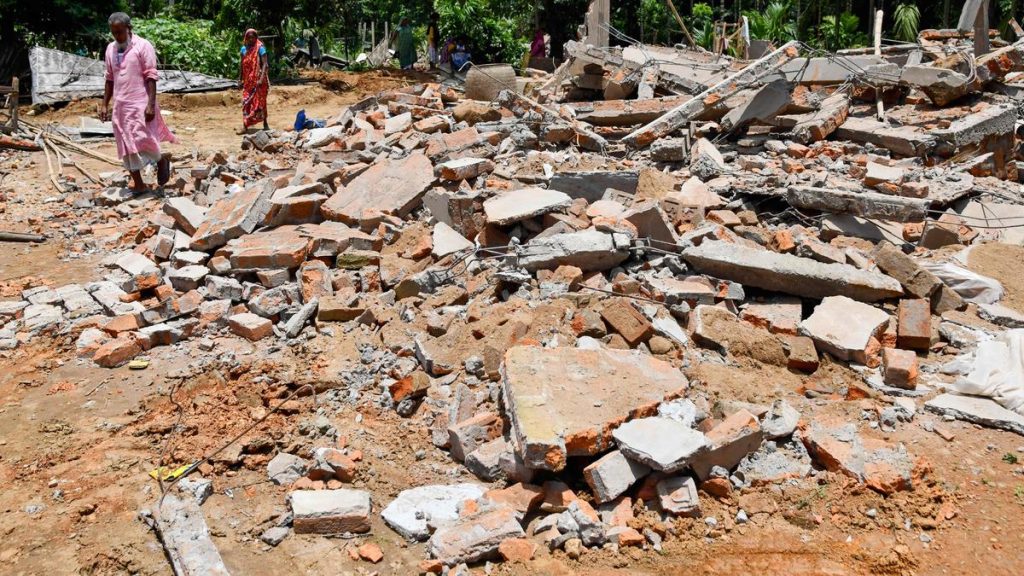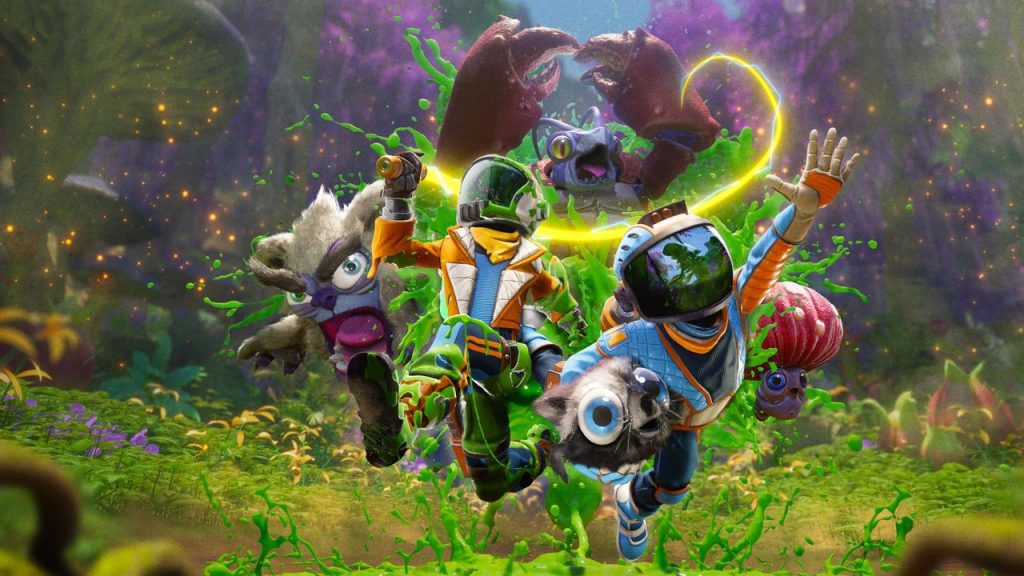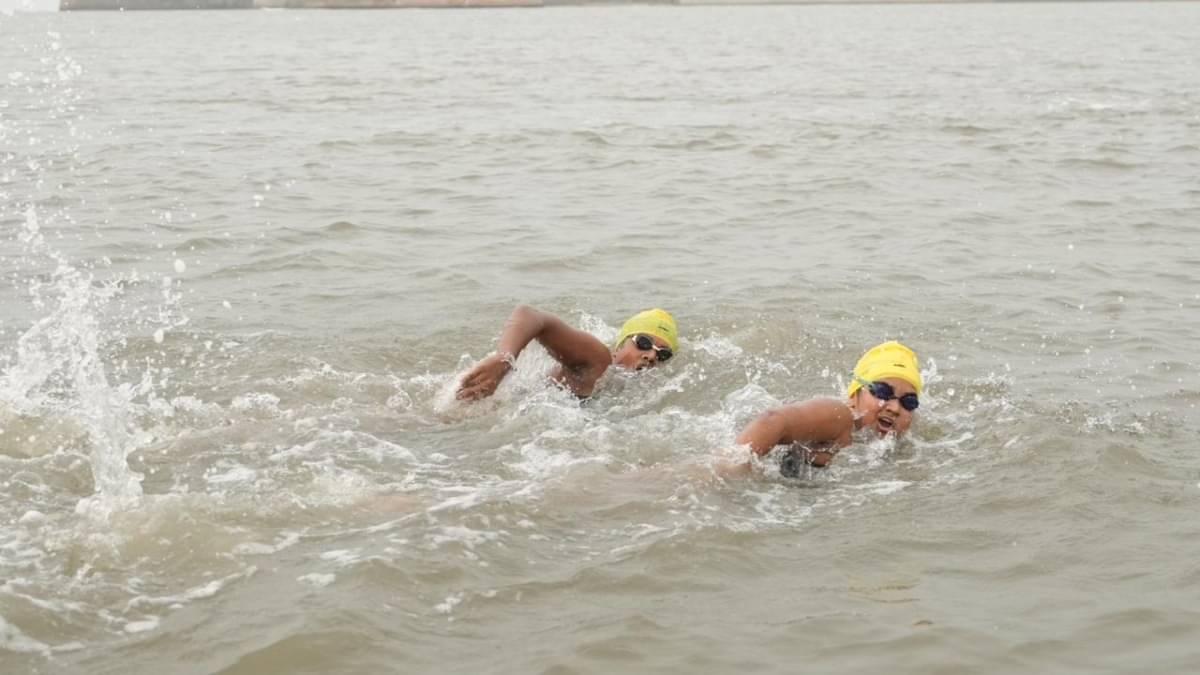Now Reading: How India Quietly Built a Comprehensive Autism Care System
-
01
How India Quietly Built a Comprehensive Autism Care System
How India Quietly Built a Comprehensive Autism Care System

Quick Summary
- Pinnacle Blooms Network is transforming autism therapy in India through science, empathy, and innovative models.
- originating from a mother’s quest for solutions, Pinnacle now operates 70+ centers across Indian cities and villages.
- Key milestones include the introduction of AbilityScore® (2019), TherapeuticAI (2021), SEVA™ access model (2022), and PinnacleNationalHeroes program providing lifetime therapy to children of essential service workers.
- Over 19 million therapy sessions have been delivered by trained experts catering to families across socio-economic backgrounds.
- The center’s framework leverages AI-driven tools predicting behavioral patterns, colorful sensory rooms reducing anxiety, and daily-goal structured therapy systems accessible through mobile in local languages.
- Core values: dignity over hierarchy, inclusion without stigma.
Indian Opinion Analysis
Pinnacle Blooms Network addresses crucial gaps in autism infrastructure by introducing clarity through AbilityScore®, accessibility via subsidized SEVA™, and personalization with AI-supported therapeutic processes. Its complete system represents progress for India’s child development needs-especially where healthcare access has historically been imbalanced between urban and rural areas. By initiating maternal-led innovations that scale nationwide while honoring emotional sensitivity to children’s needs, it sets precedents both scientifically and culturally. This grassroots-driven movement bolsters neurodevelopmental care’s integration into mainstream services while battling deep-rooted stigmas surrounding developmental challenges-showing how people-first designs can help bridge marginalized healthcare systems.
For more information: Read hereQuick Summary:
- Pinnacle Blooms Network provides an innovative everyday therapy model focused on autism care.
- Therapy integrates daily routines, mobile-aided modules in local languages, and achieves continuity beyond episodic sessions.
- SEVA™ system delivers free lifetime therapy for children of India’s frontline workers, including military personnel and sanitation workers. No paperwork or billing required.
- The network operates in 70+ cities, employing 1,600+ experts and delivering over 19 million sessions to date.
- Key technologies include TherapeuticAI®, AbilityScore®, multilingual support (16+ regional languages), and cloud + edge AI systems for widespread access outside metropolitan areas.
- Real-life transformations highlighted include speech advancement and independence for children once sidelined by customary systems. Families report significant progress across behavioral domains.
- Recognized nationally and globally through awards like India-Pacific’s #1 Autism Therapy Network title (2024) conferred by the Telangana Deputy CM.
- Collaboration requests from institutions such as Stanford University, WHO-SEARO frameworks mention ability tracking tools-global interest emerging.
indian Opinion Analysis:
Pinnacle Blooms Network represents a transformative shift in autism care delivery in India with its focus on inclusivity, technology-integrated therapy methods, and culturally tailored solutions reaching diverse communities beyond urban centers. By removing financial barriers through SEVA™,the initiative reflects deep respect for public servants’ contributions while addressing urgent gaps within India’s therapeutic landscape.
The scalable nature of their center design coupled with AI validations like AbilityScore® offers potential insights into bridging public programs’ reach without sacrificing personalized care standards-a valuable example worldwide amidst increasing demand for efficient healthcare models powered by empathy-driven innovation. Whether serving marginalized families or earning endorsements at global forums opens crucial dialog around integrating cultural nuances alongside technological advancements ensuring childhood rights universally supported.”
Read moreQuick Summary
- India’s Pinnacle program, a mother-led autism care system, has developed a pioneering framework addressing global autism needs.
- The system includes multilingual AI-powered tools like AbilityScore®, TherapeuticAI®, and Sensory TherapySphere™ rooms designed to adapt therapies to children.
- It emphasizes community-centric innovations-Everyday Therapy™, SEVA™ equity model-and trains caregivers using technology scaled for low bandwidth environments.
- Pinnacle originated in Hyderabad but now spans across 70+ cities in India with more than 19 million therapy sessions delivered by over 1,600 professionals.
- The model is gaining traction globally in regions like Kenya, Philippines, UAE, and the UK among others facing resource gaps for autism intervention.
- Positioned as a South-South partnership offering rather than a commercial export; its ethos encourages localized adaptation worldwide while retaining open-source versatility.
indian Opinion Analysis
Pinnacle exemplifies India’s growing capability to lead social innovation on the global stage by repurposing local expertise into scalable frameworks that transcend borders. Crucially aligned with principles of equity and empathy, it challenges conventional North-South models of developmental aid by creating solutions built from grassroots perspectives rather than top-down imports from Western labs.Its impact stretches far beyond India as it brings accessible tools and training into contexts with longstanding gaps in autism care infrastructure.
For Indian stakeholders-as well as policymakers abroad-the success of Pinnacle underscores how investing in inclusive technology coupled with parent-led approaches can yield transformative results across health sectors globally without dependency on excessive resources or centralized systems. As discussions emerge around replicating its aspects elsewhere (e.g., AI integration for early diagnosis), this model offers lessons on adaptable scalability while respecting cultural diversity around caregiving practices.Read More


